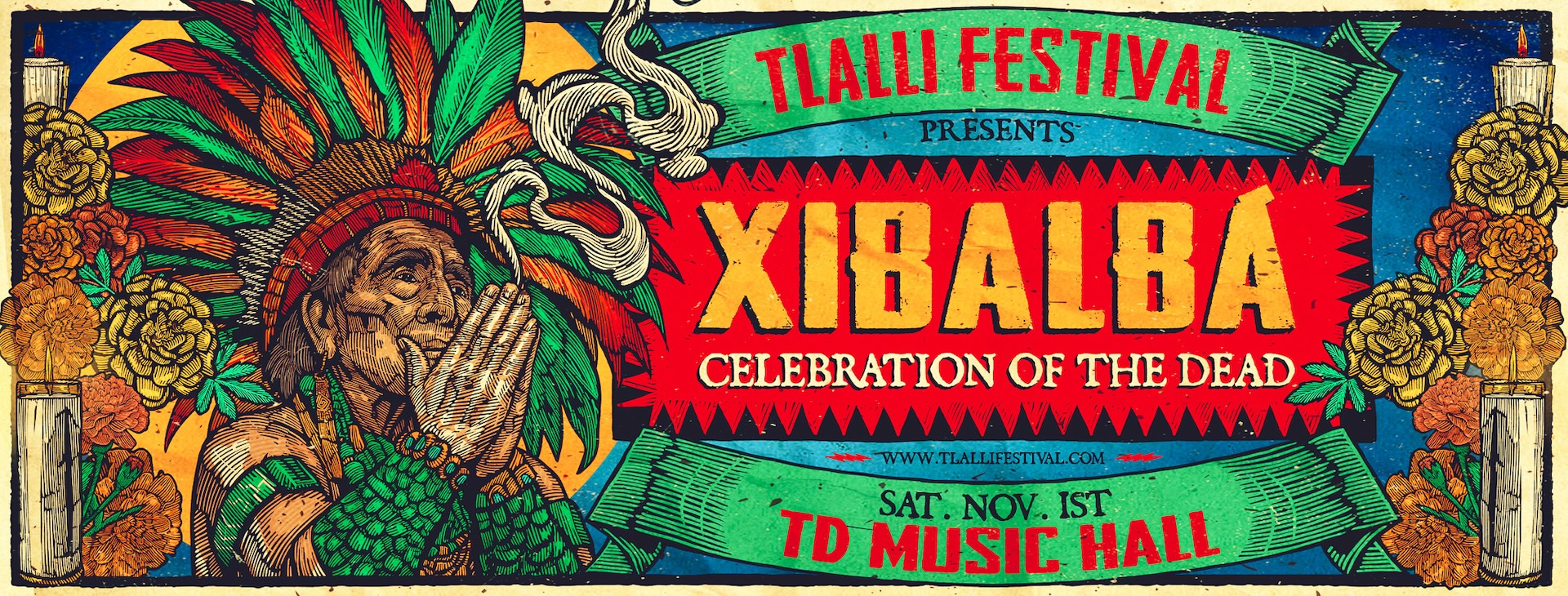Last week, Miami’s iconic vinyl bar Dante’s Hi-Fi became the epicenter for a vibrant and impactful evening as the visionary team behind Concord Music Publishing assembled a memorable panel dubbed ‘Mi Gente Impacting Culture’. Bringing together some of the most influential voices in Latin music today, the passionate conversation explored the intersection of music, culture, and personal resilience.
“We’re resilient, and so is our music,” – Azu Olvera
The evening kicked off with a soulful listening session and happy hour tribute to Fania’s 60th anniversary, celebrating the contagious sounds and music history of the iconic label, also under Concord’s umbrella. The panel, a thought-provoking discussion to inspire and aspire, was the idea of Pablo Ahogado, VP of A&R at Concord Music Publishing, to elevate the stories of industry leaders who have overcome challenges to build the legacies they were born to create. Hosted by Walshy Fire, panelists included Concord Music Publishing Cuban artist Daymé Arocena, Senior Director of Latin Partnerships at SiriusXM and Pandora Azu Olvera, Mexican singer songwriter Camila Fernandez and General Counsel and Founder of Angie Law, Angie Martinez and was moderated by Tigre Sounds.
The conversation began with Angie Martinez, who provided an unfiltered and practical take on the legal aspects of the music industry. “Get a lawyer,” she directly declared, emphasizing the importance of legal protection in the fast-evolving landscape of the music business. Martinez explained how too many artists sign contracts without fully understanding their implications, often hindering their creative and financial futures. She urged the audience to be proactive, underscoring the importance of having a professional who can look out for their interests. In response to an audience question about navigating the complexities of digital rights in an era dominated by AI and streaming, Martinez reiterated the need for fair and transparent contracts, adding that the industry is facing pivotal legal challenges, including intellectual property cases that could reshape the landscape for Latin artists.
“The fruits of my labor taste so much sweeter knowing I earned them on my own.” – Camila Fernandez
On a more personal note, Camila Fernandez shared her journey of balancing family legacy with personal ambition. Growing up surrounded by the icons of Mexican music, Fernandez learned early on that success in the industry requires both resilience and independence. Reflecting on advice from her father, Mexican icon Alejandro Fernandez, she recounted how he offered to help her but warned that she wouldn’t enjoy the fruits of her labor as much if it came too easily. “I’ve been in the industry for ten years now,” she said, “and the fruits of my labor taste so much sweeter knowing I earned them on my own.” Fernandez, who has been pivotal in evolving Musica Mexicana for a younger generation, touched on how she honors her heritage while pushing the genre forward. Her story resonated with aspiring musicians in the audience, especially when she discussed the personal fulfillment that comes from navigating challenges independently.

Daymé Arocena, known for her profound Afro-Cuban influence, brought a powerful cultural lens to the discussion. As she addressed the audience, Arocena highlighted the importance of embracing Afro-Latin roots, a part of Latin music’s identity that she believes is often overlooked. “Every song I write, every note I sing, is a reminder of my Afro-Latin roots,” she said, adding that Latin America’s rich, diverse heritage should be celebrated, not sidelined. Arocena also shared her experience of leaving Cuba and the subsequent challenges of entering the global music industry. Her reflections on navigating both personal and professional transformation added depth to the conversation, especially when she emphasized that creating art from a place of authenticity is a form of resistance. For Arocena, music is not just a career but a statement of cultural pride.
“If you want to be an artist, you must be ready to cry, fail, and let that transform you.” – Daymé Arocena
Azu Olvera provided an industry insider’s perspective on how Latin music has evolved in recent years. With her extensive experience building partnerships between artists and labels, Olvera stressed that Latin music’s adaptability is one of its greatest strengths. “Latin music is wild, it’s constantly evolving,” she said, noting the influence of urban music on traditional Mexican genres. Olvera spoke passionately about her initiatives, Agricultura Musical and Unsin Festival, which focus on supporting emerging talent and building meaningful platforms for them to grow. “We’re resilient, and so is our music,” Olvera added, explaining that while digital platforms are critical, personal connections and nurturing genuine relationships are what sustain long-term success in the industry. When an audience member asked about the future of Latin music in global markets, Olvera responded with optimism, pointing out that Latin artists must continue to innovate while staying authentic and true to their roots, and themselves.
As the discussion unfolded, the panelists touched on the tension between embracing modern digital tools, like social media and streaming, and staying grounded in authentic, culturally-rooted music. A recurring theme was the importance of balance—between artistry and business, tradition and innovation. Martinez warned against trying to do it all—be it influencer, producer, or community manager—suggesting that artists should focus on building a strong team around them. Olvera echoed this sentiment, adding that finding collaborators who understand the artist’s vision is critical for success, especially in a competitive and rapidly changing industry.
The event concluded with a poignant reflection from Daymé Arocena, who, in speaking about the challenges artists face, said, “If you want to be an artist, you must be ready to cry, fail, and let that transform you.” Her words summed up the panel’s core message: that resilience, perseverance, and community are the keys to lasting success in the music industry.
The evening was more than just an exchange of ideas—it was a celebration of the resilience, creativity, and passion that drive Latin music’s global impact. As the panelists shared their experiences, they left the audience with a powerful reminder that the road to success is not easy, but through hard work, authenticity, and community, true cultural legacies can and will be created.
All photos by Brooke D’Avanzo








